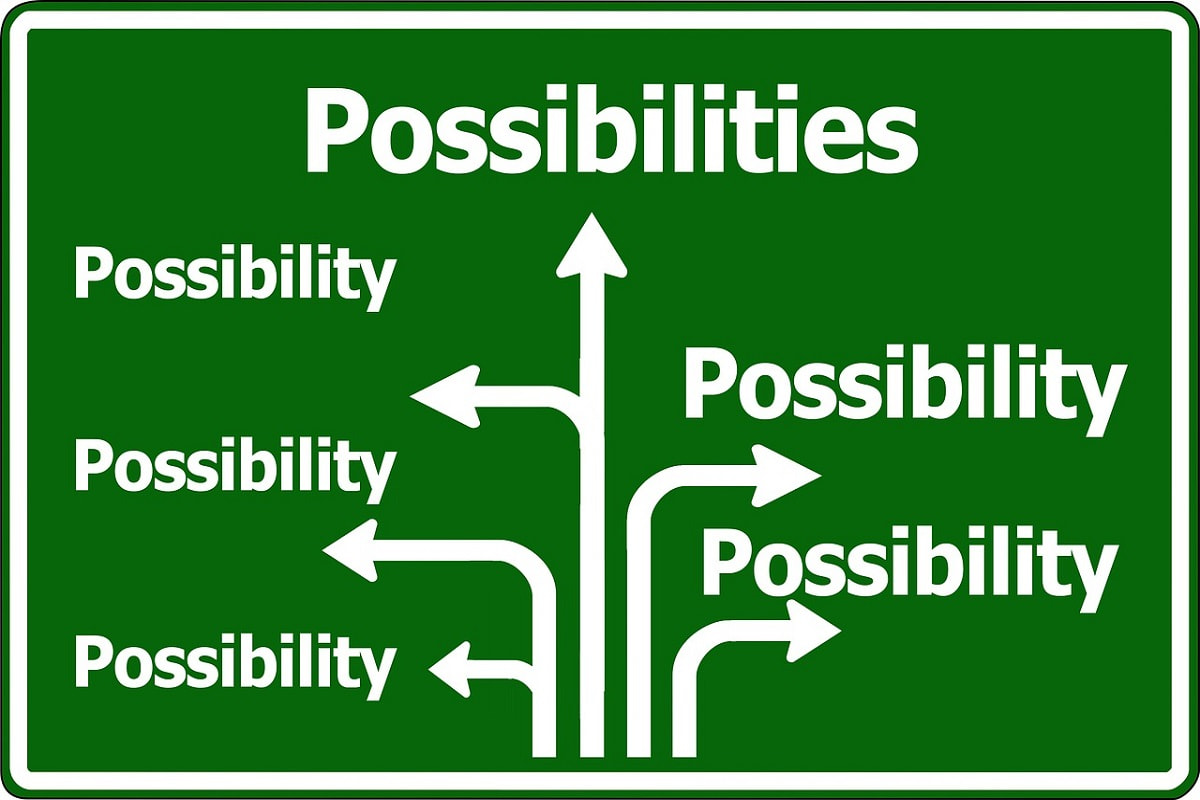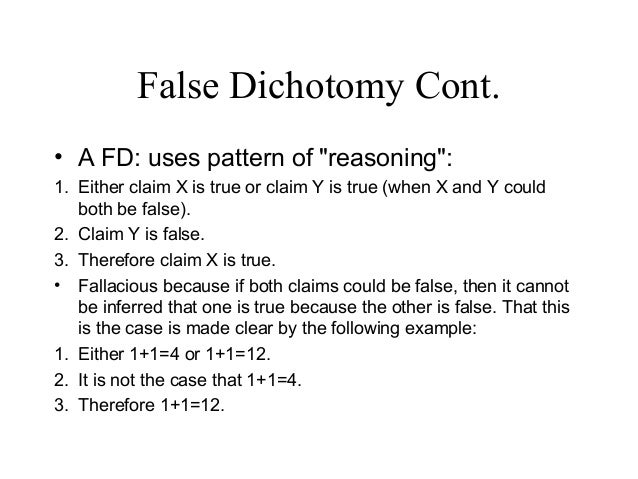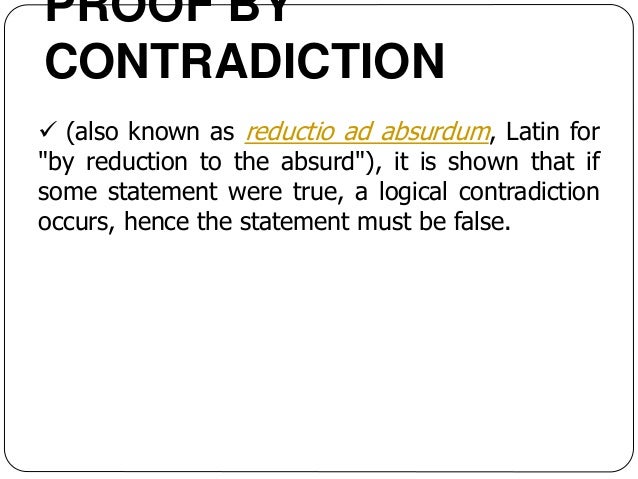

Examples of such beliefs include your preferred brand of toilet paper or whether or not you enjoy broccoli. They are also more likely to be subject to change. In contrast, Type E Beliefs (the most peripheral beliefs) are largely matters of taste that are not strongly tied to the rest of your belief system.


For instance, the average person knows and will not question who their family members are or where they live (Powers, 2008). The most central forms of belief, referred to as Type A Beliefs, are those that we consider unchallengeable commonsense. One such framework, commonly employed throughout psychology and sociology research, is Rokeach’s (1968) hierarchical system of beliefs.Īccording to this framework, an individual’s inventory of beliefs can be structured according to five levels, depending on their level of importance. How False and Self-Limiting Beliefs DevelopĪ good first step to understanding where and how false beliefs develop, is by considering them according to a systematic framework. Taken together, we can consider false or self-limiting beliefs to be negative, potentially difficult to change, and somehow preventing us from achieving our goals or being as happy as we could be. “central to one’s identity… negatively biased, inaccurate, and rigid.” Looking at research, we may also consider the closely related notion of maladaptive beliefs, which are central foci for treatment in many forms of cognitive-behavioral therapy.īoden and colleagues (2012) note that these beliefs have the potential to be: These assumptions are ‘self-limiting’ because in some way they’re holding you back from achieving what you are capable of.” “… assumptions or perceptions that you’ve got about yourself and about the way the world works. In an exploration of barriers to the world of business, Blackman (2018) writes that self-limiting beliefs are: While there is no universally agreed-upon definition of false and self-limiting beliefs, there are plenty of examples in the popular press to inform our thinking. What are False and Self-Limiting Beliefs?
#A FALSE NOTION DEFINITION DOWNLOAD#
This article will explore the different origins of false and self-limiting beliefs and three therapeutic treatment options to help overcome them.īefore you continue, we thought you might like to download our three Self-Compassion Exercises for free. Thankfully, a core component of many psychological treatments involves helping us to undo these unhelpful beliefs, so that we can start living life to the fullest. Whether you’re questioning your credentials when applying for a job or balking at the chance to strike up a conversation with someone good-looking, your apprehensions may be highlighting something about your self-beliefs.įalse and self-limiting beliefs can stifle progress toward achieving goals or prevent us from living our ideal lives. “I can’t go talk to him - he’s out of my league!” “There’s no way I’m qualified to apply for this job.” How many times have you written yourself off or passed up opportunities due to beliefs like these:


 0 kommentar(er)
0 kommentar(er)
